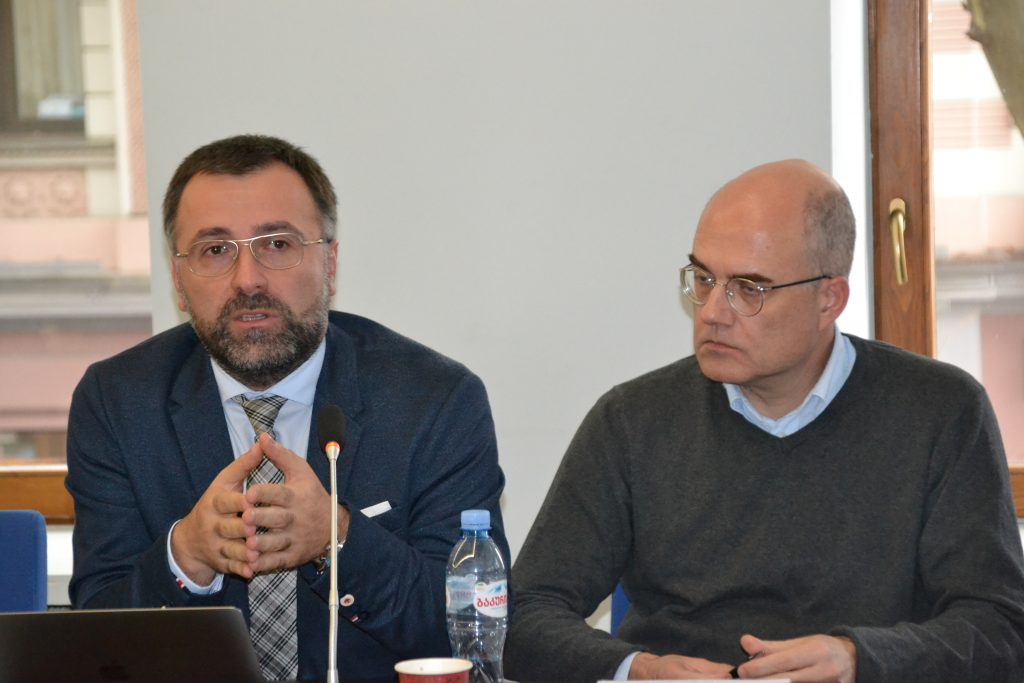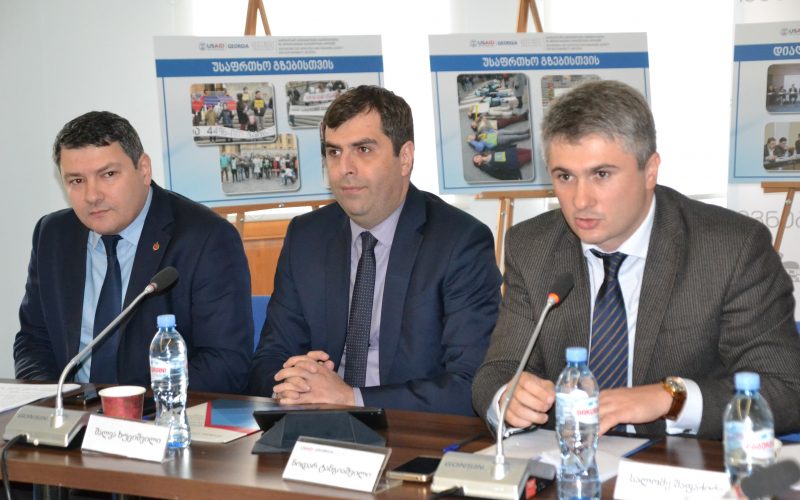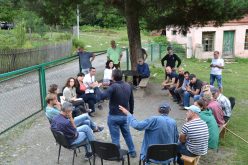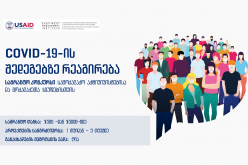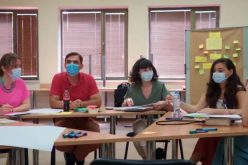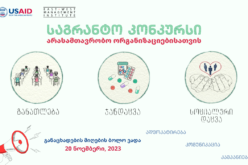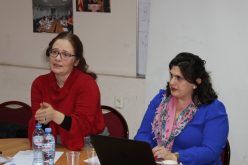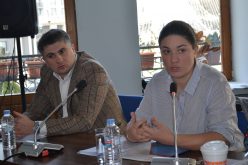On November 9, 2017, EWMI ACCESS organized a Policy Forum to analyze trends, statistics and challenges identified over the first seven months (28 March to 20 October, 2017) of visa-free travel of Georgian citizens to the Schengen countries. The round-table meeting allowed participants from CSOs, think tanks and international organizations to receive hands-on information and insights directly from the Deputy Minister of Internal Affairs and representatives of other state institutions.
According to government officials, as of October 20, a record number of 160 000 Georgian citizens have entered the Schengen states without the need for a visa, with only 400 people denied access and up to 10 000 having overstayed the 90 days limit and did not return to Georgia. However, it should be noted, the figure of 10,000 overstays includes the people who:
- Have EU residence permit and/or dual citizenship in EU and Georgia;
- Obtained legal status for staying in Schengen states beyond the 90-day limit (such as students, asylum seekers, and others)
- Travelled to third countries that do not require visa (e.g. Ukraine, Belarus, Turkey) and have not returned to Georgia so far.
Consequently, the number of illegal migrants is much lower than 10,000 and the chances of activating a Suspension Mechanism against visa free travel for Georgian citizens from EU is quite low.
Cases of illegal migration and/or organized crime have not increased since the launch of the visa-free regime thanks to a wide-scale public awareness-raising campaigns, improved border control, and intensive cooperation between the European and Georgian police forces.
To maintain and further improve the current state of affairs, the following steps should be undertaken:
- Georgia should continue effective implementation of the reforms determined by the Visa Liberalization Action Plan.
- Further improve of the border and migration control systems.
- Increase cooperation between the Georgian and European forces to fight organized crime and decrease the number of asylum-seekers.
Cooperation between the government and civil society organizations is also crucial to reach the above-stated objectives in terms of public awareness-raising. There were multiple cases of Georgian and Russian media outlets disseminating disinformation that, the number of illegal migrants from Georgia to Schengen countries increased drastically since the launch of the visa-free regime, and that EU is considering halting the visa-free regime with Georgia. There is an obvious need that civil society organizations work intensively towards refuting the fake news and informing population regarding the rules of the visa-free regime and the importance of following those rules. Participants spoke about concrete cooperation opportunities and ways of transmitting information effectively to various target groups.
The meeting participants also spoke about the necessity for creating temporary employment opportunities in Europe for Georgian citizens (i.e. seasonal work) as a way of reducing illegal migration and job seeking.
The Ministry of Internal Affairs of Georgia is going to hold more information-sharing meetings such as this with CSOs in the future as well.



